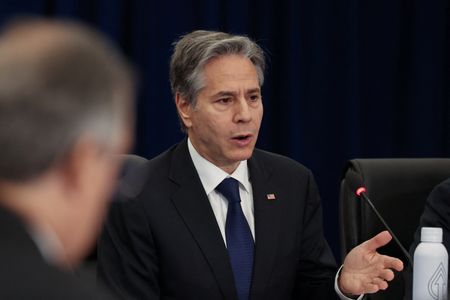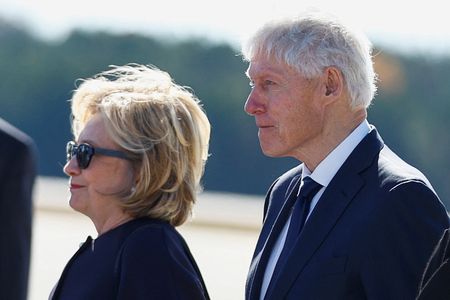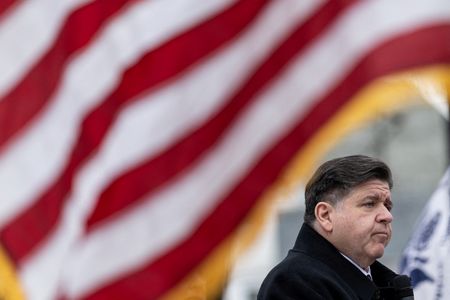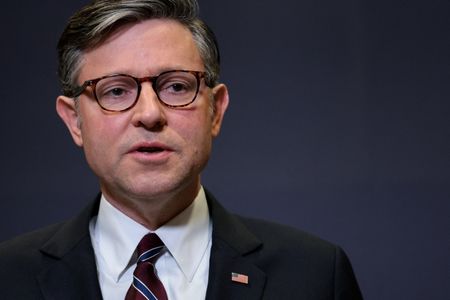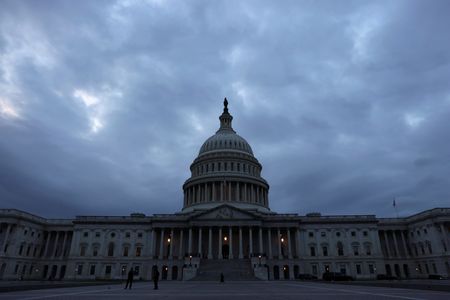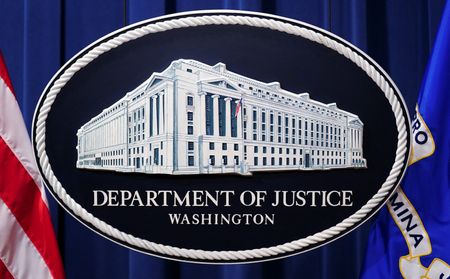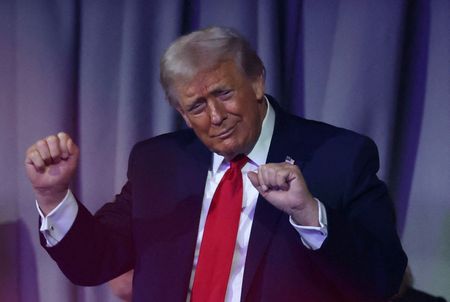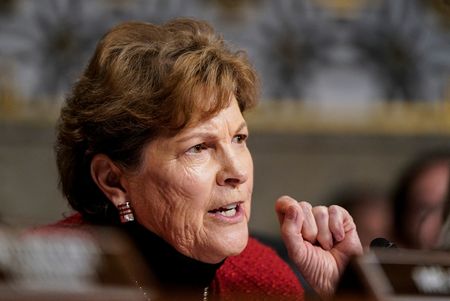WASHINGTON (Reuters) – Secretary of State Antony Blinken said on Monday the United States would impose visa restrictions on 93 more people believed to have undermined democracy in Nicaragua following last year’s re-election of President Daniel Ortega.
Those targeted by the visa measures include judges, prosecutors, national assembly members and interior ministry officials, Blinken said.
The United States and Nicaragua have been at odds for years, but relations took an especially hard hit when Daniel Ortega, a former Marxist guerrilla, won a fourth consecutive term in November after jailing rivals and cracking down on critical media.
U.S. President Joe Biden dismissed the election as a sham and imposed sanctions on more Nicaraguan officials.
“The United States remains deeply concerned about the Ortega-Murillo regime’s unjust detentions of political prisoners and ongoing abuses against members of civil society,” Blinken said in the statement.
He said judges and prosecutors aligned with the government of Ortega and Vice President Rosario Murillo are complicit in undermining democracy due to their roles in prosecuting and convicting opposition leaders, human rights defenders and others.
National assembly members and interior ministry officials have helped Ortega’s government tighten its “authoritarian grip over Nicaraguan citizens and institutions”, Blinken said.
The United States cited human rights abuses in Nicaragua when it declined to invite Ortega to the U.S.-hosted Summit of the Americas in Los Angeles last week.
Two former presidential candidates are among more than 180 political prisoners in Nicaragua undergoing “the worst kinds of human rights abuses,” their lawyer said Wednesday.
One year after Juan Sebastian Chamorro and Felix Maradiaga were arrested ahead of Nicaragua’s disputed 2021 election, neither has spoken to their families and both are being held in “horrific conditions,” their international counsel told a press conference on Wednesday, the anniversary of their arrests.
(Reporting by Daphne Psaledakis, Kanishka Singh and Rami Ayyub in Washington; editing by Jonathan Oatis and Mark Heinrich)

